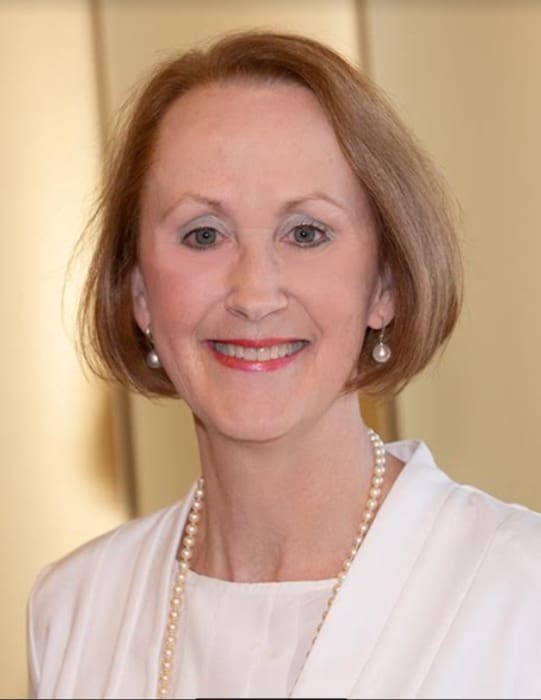
National Rural Health Alliance chief executive officer Gabrielle O’Kane.
RURAL Australians should be considered as a target population for prioritisation in the COVID-19 vaccine roll-out, according to the National Rural Health Alliance.
Alliance chief executive officer Gabrielle O’Kane said people in rural, regional and remote communities experience poorer health outcomes than those in major cities, which puts them in a higher risk category for serious health complications associated with COVID-19.
“It is also much harder to access health services in country areas because we have the situation of persistent inadequate staffing and lack of availability to essential medical and health services in rural, regional and remote areas of Australia.
“As government launches this unprecedented vaccination rollout, rural Australia is at an unacceptable basis of disadvantage and we urge the government to acknowledge the disparity in rural health access and outcomes when classifying priority groups for vaccination,” Ms O’Kane said.
Federal Health Minister Greg Hunt announced details of the vaccination program and the Pfizer/BioNTech COVID-19 vaccine was formally approved for use in Australia today.
The Federal government is proposing to conducted the vaccine roll-out through 30-50 vaccination hubs, Commonwealth-funded GP-led Respiratory Clinics, Aboriginal and Community Controlled Health Services, private GP practices and community pharmacies.
However, Ms O’Kane said medical bodies, the Australian Medical Association and the Royal Australian College of General Practitioners have warned of the logistical challenges of this undertaking in rural, regional and remote areas.
“The alliance is confident in the Commonwealth’s ability to lead this major public health initiative, but we urge that rural, regional and remote Australians aren’t left by the wayside.
“Achieving a swift and effective vaccine rollout to reach the 7-million people living in rural, regional and remote communities will require the cooperation of every organisation and health professional in the vaccine supply chain,” Ms O’Kane said.
She said the government needs to recognise that as a group, rural, regional and remote Australians are more vulnerable than the general population in terms of poorer health outcomes and greater health risks.
“They have shorter lives, higher levels of disease and injury and poorer access to and use of health services, compared with people living in metropolitan areas.
“This puts them at higher risk of serious health complications associated with COVID-19.”
Ms O’Kane said the Australian Technical Advisory Group on Immunisation (ATAGI) has provided preliminary advice to government on general principles to guide the prioritisation of target populations. This includes people with pre-existing underlying select medical conditions and those who have an increased risk, of developing severe disease or dying from COVID-19.
Ms O’Kane said there is a maldistribution of the health workforce in Australia, which may be an impediment in the effective roll-out of the vaccination program in rural regional and remote communities.
“There are fewer GPs per capita outside metropolitan areas, so there may be insufficient GPs and Nurse Practitioners trained and contracted to participate in the vaccination program, potentially undermining an already stressed rural health system.
“The rural health system does not have the luxury of having a surge capacity in the workforce, so all efforts diverted to rolling out the vaccination program will directly impact general medical and health service delivery,” she said.
“This needs to be front and centre of the government’s planning.”
Ms O’Kane said the Federal Government’s classifications of target populations for prioritisation do not acknowledge the disparity of health outcomes in rural, regional and remote Australia.
“If the government fails to recognise the existing inadequacies in rural health, in terms of workforce and access to services, there will be no compensation made to offset the additional pressure on the rural health system – and if this happens, residents in rural, regional and remote areas will be the ones to suffer.”

HAVE YOUR SAY